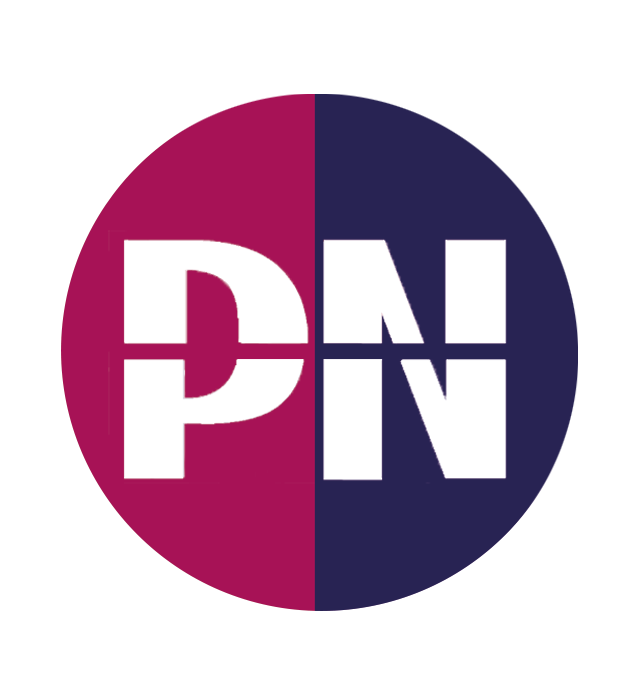The Vital Role of Notetakers in Education
In educational settings, it is vital to consider inclusivity and accessibility for all students to ensure that they can fully engage with their studies, participate in class, and succeed in examinations. Notetakers play a crucial role in achieving these goals by providing essential support for disabled students and students with complex needs. This blog will explore the importance of Notetakers, particularly focusing on how they support d/Deaf students and students with other forms of disability.
The Role and Importance of Notetakers
Notetakers are qualified communication professionals who provide written transcripts and summaries of spoken content of lectures, seminars, and other educational activities. This can be done manually (Manual Notetakers/Scribes) or electronically (Electronic Notetakers). Their primary function is to ensure that students who have difficulties receiving, understanding, and transcribing auditory information as a result of disability (such as hearing impairments, dyslexia, physical disabilities, or other learning challenges) have access to comprehensive and correct notes. These notes include all key pieces of information, organized clearly and written simply to aid understanding. This can significantly help a d/Deaf student’s access to education, for example, as d/Deaf students can have varying English Language levels and therefore benefit greatly from their lecture notes being transcribed in a more easily digestible form of English.

The importance of having Notetakers in the classroom can be highlighted through several key points:
Accessibility: Notetakers make information accessible to students who might otherwise miss crucial points due to their inability to take notes effectively. This ensures that all students have equal opportunities to understand and engage with course material.
Focus and Engagement: Through Notetaker support, students who struggle to take notes can focus more on the lecture content and actively take part in discussions without the distraction of trying to jot down every detail. This enhances their overall learning experience and engagement with their peers.
Accuracy and Reliability: Qualified Notetakers provide accurate and well-organised notes that students can rely on for studying and revising. All information points communicated by lecturers, course leaders, and instructors during classroom time are included in these resources, bolstering the students’ other course materials, such as presentation slides and recordings. This is particularly beneficial for students who may not have the ability to create comprehensive notes themselves or who may
Independence and Confidence: Having access to reliable study resources allows students to work independently and boosts their confidence in their academic abilities. They are then not reliant upon classmates or instructors to fill in the gaps in their understanding.
How Notetakers Support d/Deaf Students

Complementary Resource: Notetakers offer a complementary resource to the real-time interpretation provided by BSL interpreters. Written notes serve as a valuable reference for d/Deaf students to review the material covered in class, ensuring they can revisit and study the content at their own pace.
Detail and Clarity: Notes taken during lectures can capture details and nuances that might be missed during real-time interpretation. This includes technical terms, specific examples, annotations of diagrams and images, as well as key explanations to aid understanding of complex subjects.
Enhanced Focus: With the assurance that they will receive comprehensive notes, d/Deaf students can focus more on their interpreter’s signing in real-time and engaging with the class rather than inducing stress by attempting to recall every detail for post-lecture study sessions.
Inclusivity in Group Work: Notetakers can provide written summaries of group discussions and collaborative activities, ensuring that d/Deaf students have equal access to project information and group communications, thereby fostering a more inclusive learning environment.
Conclusion
It is clear that Notetakers play an indispensable role in making education accessible to disabled students. Notetakers ensure that students who struggle with creating study materials have access to correct and reliable notes, allowing them to focus on learning and participation. They are the unsung heroes of inclusive education!






